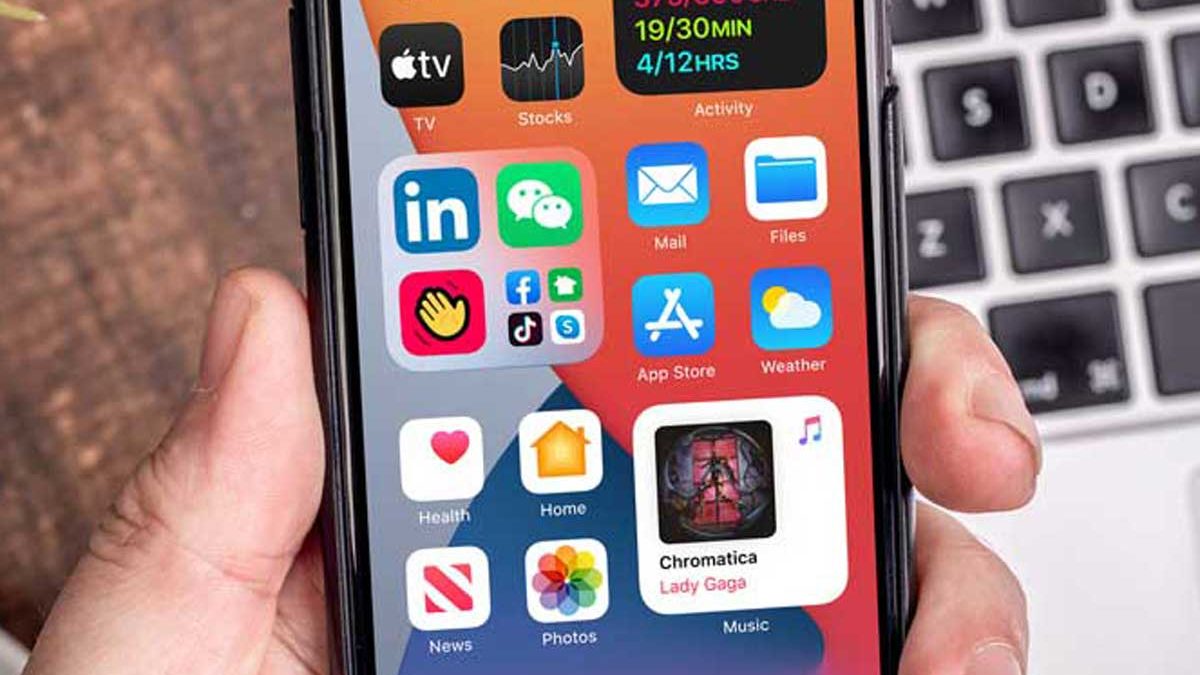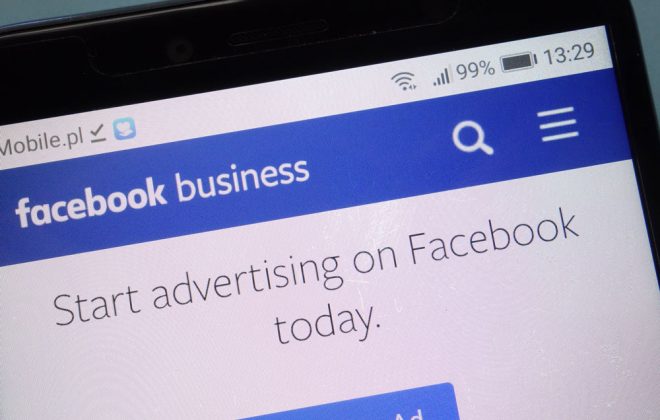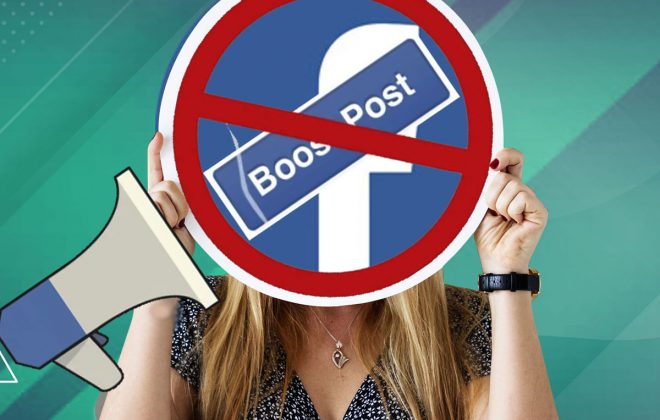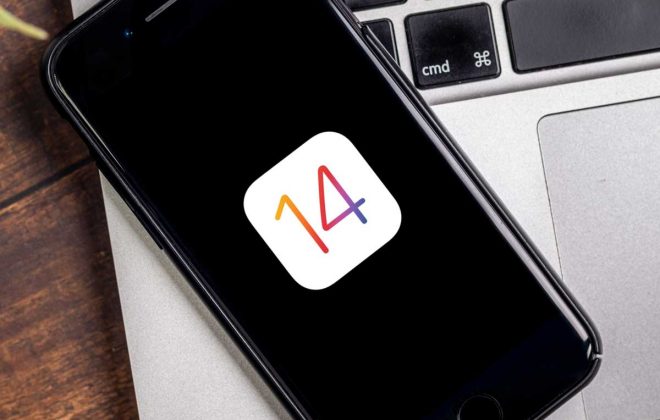Facebook and iOS 14 Update: What You Need To Know
This past summer Apple announced their roll-out for the 2020 release of their iOS 14 – the brand new look that feels like home that’s easier than ever…more intelligent, more personal and more private. While most of iOS 14’s updated features seem mostly cosmetic with an improved Siri, home screen widgets, compact call design and inline iMessage replies, the one thing that has been generating the most buzz is the operating systems privacy settings.
It’s unknown when exactly the actual privacy changes of Apple’s iOS 14 will take effect, the update is set to happen in the coming weeks (Spring 2021) and Apple’s Tracking Transparency Framework will impact businesses and marketers alike no matter the size.
Here’s What You Need to Know…
First off the iOS 14 update only applies to Apple mobile devices – which in Canada accounts for just over half of mobile devices (of which ~30-50% are on iOS 14.2 ).
Source: StatCounter Global Stats – OS Market Share
While the news may suggest that Facebook is the only app that will be impacted, Apple’s privacy updates will have a ripple of repercussions across all digital applications and platforms that utilize tracking and pixels used on an iPhone or iPad – Facebook is largely impacted because it could potentially limit the vast mountains of data the platform pulls from profiles and user activity across the web. That same data that’s heavily used to hyper-target ads.
The update features Apple’s Tracking Transparency Framework. It utilizes Private Click Measurement (PCM) that will restrict data that can be shared across platforms or app-to-web conversion measurement or cross-domain measurement. This impacts businesses that send people directly to websites to perform a specific action, sales funnels that redirect users to secondary websites for any kind of purchase, registrations, app downloads and retargeting users that have visited a website.
In other words, any business that advertises mobile apps, in addition to those who optimize, target, and report web conversion events will be affected.
How People Will Be Notified of Apple’s iOS 14 Privacy Settings Update
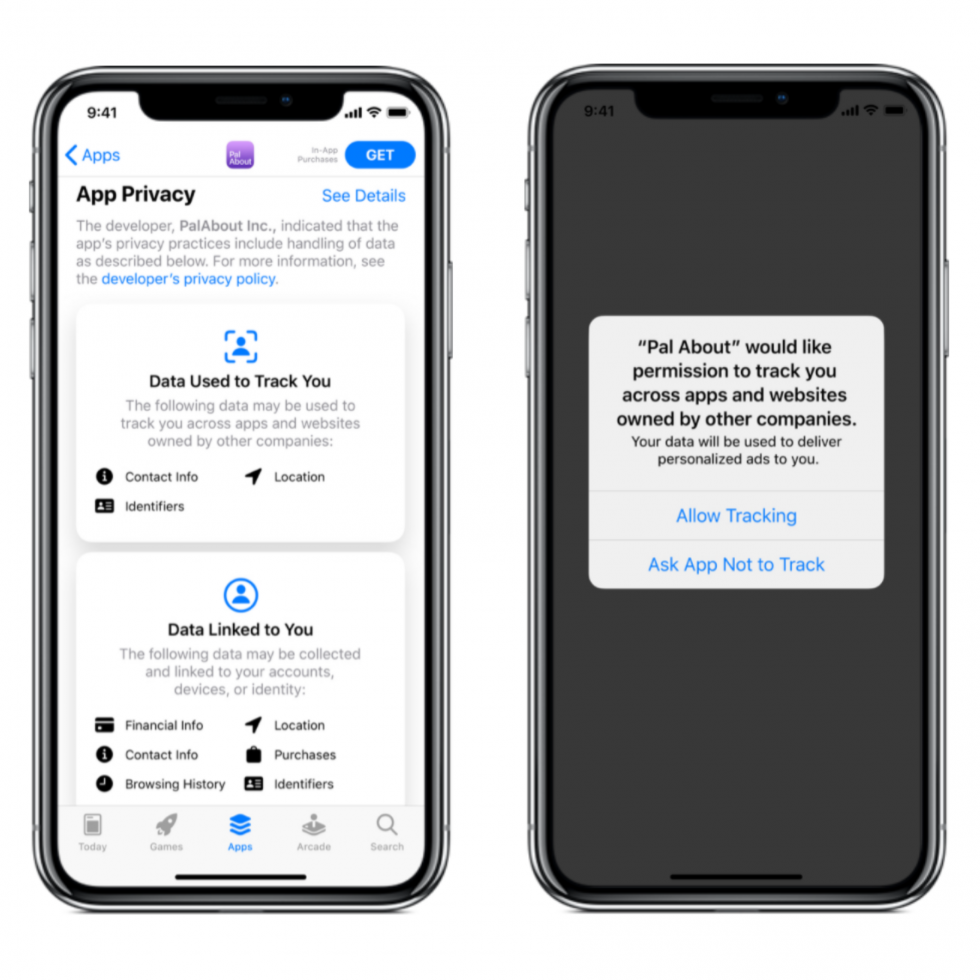
Apple will require all apps in the App Store to show a prompt on iOS devices. This prompt will ask for tracking permission by the app outside the platform in different ways. Historically, General Data Protection Regulation (GDPR) website cookie tracking and digital practices usually opt-in by default and either prompt an ‘agree to terms’ button or required opt-out action. Apple’s default in iOS 14 on the other hand will default tracking to be disabled and revoked unless people actively opt into tracking via an app-specific prompt.
How Apple’s iOS 14 Impacts (Facebook) Marketers

Apple’s App Tracking Transparency iOS 14 update impacts the way Facebook (LinkedIn, Twitter, Snapchat, TikTok, Reddit, Pinterest, Bing, etc.) is able to receive, collect, and process optimized conversion events from a pixel (insight tag, UET tag or other conversion pixel/tag by another name). When looking at Facebook and its pixel tracking, here are the focal elements that will affect marketers using the platform for advertising (regardless of whether the audience is using Apple, Android, or Windows):
- Only 8 conversion events can now be connected to each pixel and will need to be prioritized and ranked
-
- As a result, Facebook’s Aggregated Event Management (AEM) tool is required to consolidate events and prioritize the ordered importance of these events
- The click attribution window will be reduced from 28 days to 7 days
- The 7-day view-through attribution will no longer be available.
- Events will only be reported within a 24-48 hour window when they are received from Apple
- Reduced segmentation viewing and performance breakdowns
- Reduced audience targeting and the ability to create hyper-personalized ads to audiences
- Reduced targeting options to hyper-target users for remarketing, conversion tracking, or lookalike generation that are dependant on the pixel
- A pixel can only be placed on a single (verified) domain
- Lift measurement will be unavailable on iOS 14 devices
These changes and restrictions will impact advertiser marketing strategies. The shortened attribution window may lead to fewer directly connecting conversions coming from mobile Apple devices and less data to optimize from. As a result, a campaign’s performance could lead to lower CPMs but higher CPCs due to audience relevance. Similarly, segmented performance breakdown will be reduced – this will ultimately put added emphasis on understanding your ideal customers. There will no longer be an option to break down the data by user demographics like age and gender. As a result, there will be added emphasis on other metrics like link clicks and impressions.
Understanding campaign results and success will also be muddled. Just because iOS 14 users might not be trackable doesn’t mean that they aren’t converting. The iOS 14 update can limit the ability to concretely measure the performance and accuracy of campaigns (from iOS 14 users). When looking at in-platform reporting or other connected reporting tools, now real-time reporting could potentially be impacted by a data delay relay from Apple of up to three days.
How Digital (Facebook) Ads Are Affected By Apple iOS 14
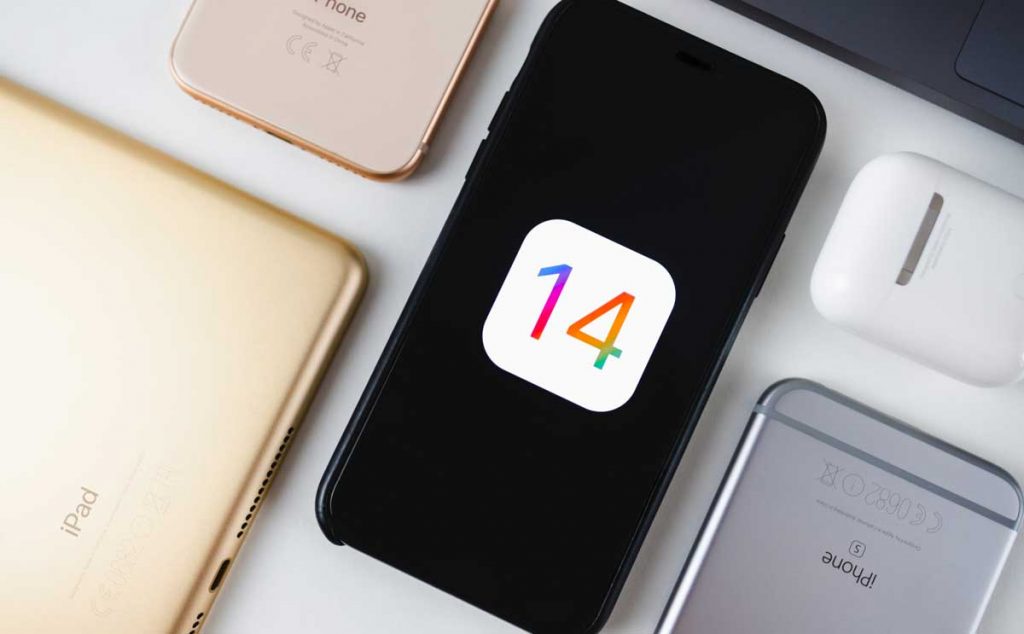
Just because users aren’t being tracked, doesn’t mean ads are necessarily less effective. It can put a strain on campaign analysis and optimization, especially if you aren’t sure what you are looking for or how to dig deeper. Now more than ever, using alternative data analysis tools and platforms need to be cross-referenced to validate platform findings. Now it will be crucial not only to validate performance but to help optimize the performance of an active campaign.
With the Apple iOS 14 update, adjusting Facebook strategies to be as effective as possible. All current effective Facebook advertising strategies should have some form of remarketing, conversion tracking, or lookalike generation. These all rely on Facebook’s tracking pixel. As a result, alternative strategies need to be leveraged to generate direct user engagement and action as early as possible.
While Facebook and other digital entities are pushing back against the changes to Apple iOS 14, these changes are coming. In order to avoid fewer website sales from ads, a drop in installed app ad revenue, and to avoid running less effective ads, marketers need to adjust strategies. It will be crucial to pivot your digital marketing approach and plan around the iOS 14 update.
Stay tuned, there is more to uncover.
Be sure to check back for subsequent information on Apple’s iOS 14 as it relates to privacy updates and digital marketing.


